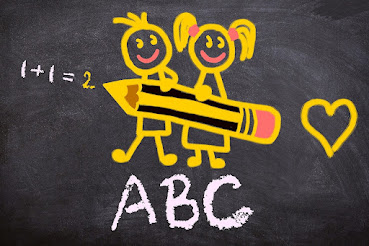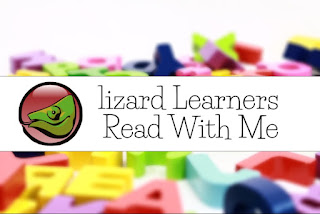Unlocking Education: Exploring Free Online Homeschool Resources

In recent years, the landscape of education has undergone a transformation, with the emergence of free online homeschool resources offering accessible and high-quality learning opportunities for families worldwide. Whether you're a seasoned homeschooling parent or exploring the option for the first time, free online homeschooling opens doors to a wealth of educational resources and curricula. In this blog post, we'll delve into the world of free online homeschooling and highlight some of the best resources available to families. The Rise of Free Online Homeschooling : The internet has democratised access to education, making it possible for families to homeschool their children without the constraints of traditional classroom settings or expensive curriculum materials . Free online homeschooling offers flexibility, affordability, and a diverse range of educational options tailored to individual learning needs and preferences. Exploring Free Online Homeschool Resources : Let...






